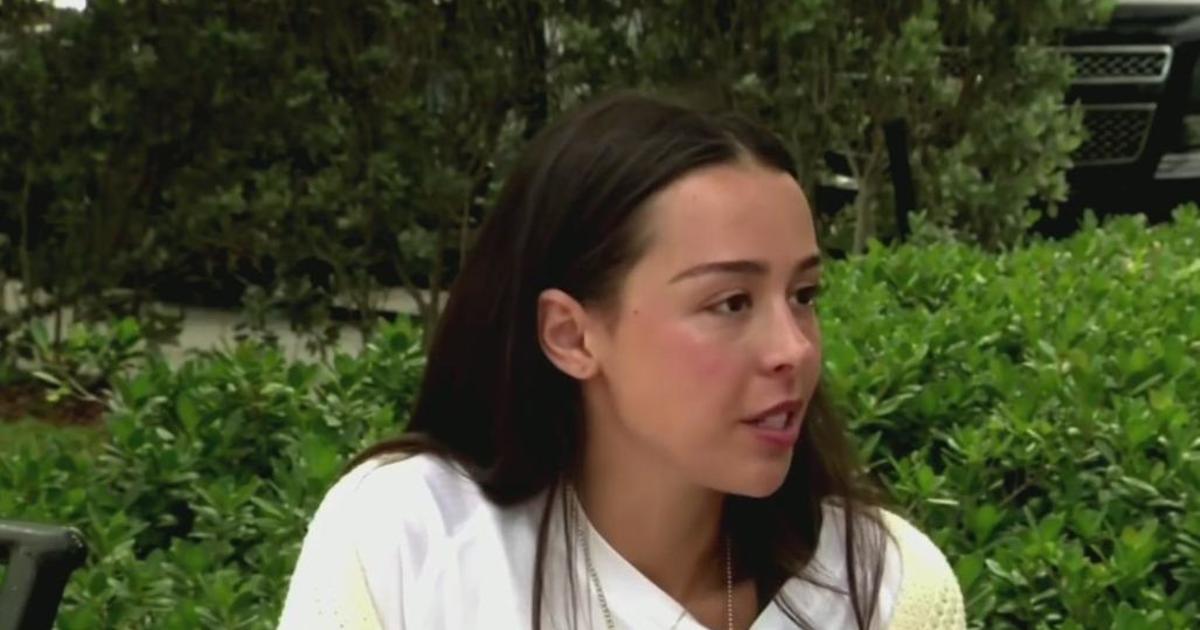Smart Spending When Buying Organic Foods
MIAMI (CBS4) - More and more people are buying organic foods even though they often cost more. But there are ways to save money if you know which organic fruits and vegetables might be worth the extra price, and which ones probably aren't.
It comes down to the pesticides used to help grow regular fruits and vegetables.
Research shows that some produce has little or no pesticide residue. So, you might want to save your money and not buy organics with those.
But then there's another list of those said to have the highest levels of pesticides, called the 'dirty dozen.'
Dietician Leslie Bonci knows all about which foods are healthy for you, while the Coupon Mom - Stephanie Nelson - knows all about how to save you money.
They are two experts when it comes to spending smart if you want to buy organic.
"When you look at organic items - they don't always look different," said Bonci. "When it comes to organic with produce - it means without pesticides."
"It makes sense to spend extra money on organic produce when the conventional variety has high pesticides," added Nelson.
Celery is on that list.
"It does have a higher pesticide content to it. So, if you're buying the organic, we're not worried about the pesticide here," said Bonci.
Peaches, strawberries and conventional apples made the dirty list too.
"When it comes to apples, especially for eating the peel of the apples, it makes sense to get organic apples," said Nelson.
Nectarines, bell peppers, cherries and potatoes are on the list, too. Blueberries, spinach and kale, and imported grapes round out the dirty dozen.
There's also a list of foods with the least amount of pesticides, where it may not be that different to buy conventional.
This is where people concerned about pesticides may be able to save a buck and skip buying more expensive organic versions.
The list of the cleanest includes produce includes onions, avocados, pineapples, kiwi, cabbage and sweet potatoes.
"Meaning conventional sweet potatoes have virtually no pesticide. So, in this case, you can get organic sweet potatoes for a pound, but why not get the conventional sweet potato at a dollar a pound?" said Nelson. "You're saving about half because you know where to spend your money."
Conventional watermelon, grapefruit and sweet corn also made the Environmental Working Group's clean list.
Also, while they're not on the latest list, Bonci says bananas can also be a place to save.
"You're not eating the peel on this, this is just not worth that extra money," said Bonci.
It's important to note that even with the so-called "dirty list"; the pesticide residue found was in amounts allowed by the government.
And Bonci says few of us eat as many fruits and vegetables as we should.
"Nutritionally, you're gonna get the same benefit out of it," said Bonci. "So, it is better if convention is what you can afford - by all means go out there and buy it."
Bonci says if you buy conventional and even if you buy organic, always rinse your fruits and vegetables very well with a forceful stream of cold water.
Click here for a Shopper's Guide To Pesticides.



